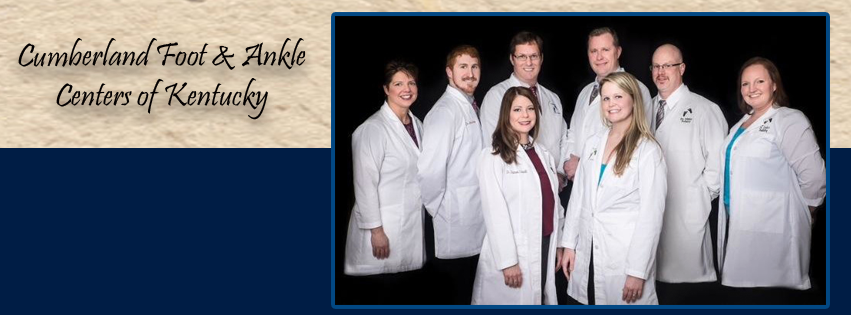When one is an avid runner, there are a variety of injuries that can occur throughout their training. They range from mildly annoying to something requiring physical therapy or even surgery. Most common running injuries are due to overuse, overtraining, improper shoes, or a biomechanical flaw in body structure and motion. At Cumberland Foot and Ankle Center, our podiatrists can treat you if you get injured, however, we would rather you take precaution to prevent running injuries instead.
To ensure that you take proper care of your body, make sure that you stretch properly, wear appropriate footwear, and listen to your body when it’s telling you to rest. If you don’t stretch before a run, you could strain your muscles and it might even slow you down. If you wear the wrong shoe it can actually aggravate existing problems, causing pain in your feet, legs, knees, or hips. In addition, never push your body to its limit if it’s telling you to slow down and take it easy. If you follow these tips, you should be able to run without risking injury.
To learn more about the conditions we treat and the services we provide at our office, visit www.myhappyfoot.com for more information. To schedule an appointment with one of our podiatrists at Cumberland Foot and Ankle Center in Somerset, KY, call 606-679-2773.
